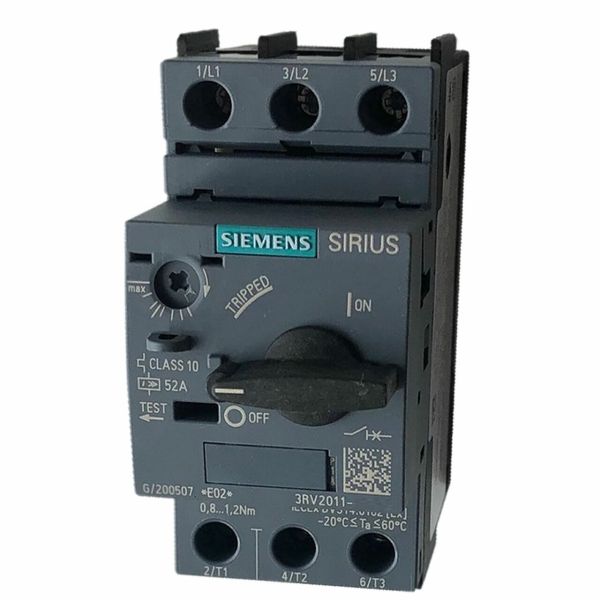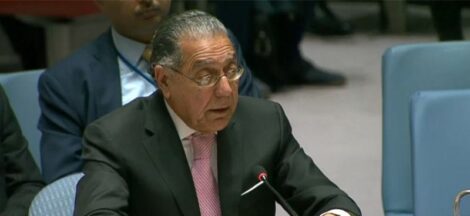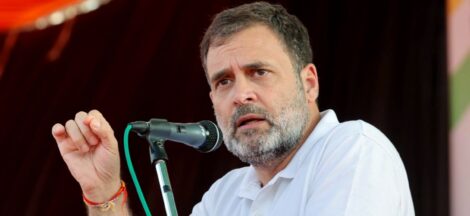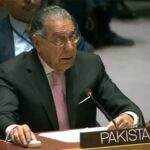Five mosques in Vikhroli have approached the Bombay High Court, arguing that Mumbai Police and the Maharashtra Pollution Control Board engaged in “arbitrary and discriminatory” removal of loudspeakers and refusal to renew licences, affecting fundamental religious freedoms. The bench of Justices Ravindra Ghuge and Milind Sathaye issued notices to both authorities on Tuesday, directing them to file detailed affidavits by the next hearing on 9 July.
Senior counsel Yusuf Moochala and Advocate Mubin Solkar argued that the removal notices lacked essential details—including dates, times and decibel levels—required under the Noise Pollution Rules, 2000, and Supreme and High Court guidelines. They described the action as part of a “selective campaign” targeting Muslim places of worship under undisclosed political influence. The petitioners, including Anjuman Ittehad O Taraqqui Madinah Jama Masjid, contended that the Azaan is essential religious expression and that procedural norms were ignored.
Mumbai Police Commissioner Deven Bharti, however, has defended the initiative, stating that about 1,500 loudspeakers across all religious places have been removed to restore compliance with noise limits—55 decibels by day, 45 by night, with no amplification between 22:00–06:00—and denied any communal bias. A police circular issued on 11 May required places of worship to obtain licences along with documentation such as property deeds and waqf registrations—a measure criticised by mosque leaders as excessive, unnecessary and legally unfounded.
Political and civil society figures have entered the fray. Deputy Chief Minister Ajit Pawar reportedly assured a delegation of Muslim leaders—among them NCP’s Nawab Malik, SP’s Abu Asim Azmi, and AIMIM’s Waris Pathan—that due process would be observed, and urged BJP’s Kirit Somaiya to halt campaigning against mosque loudspeakers. Azmi and Pathan condemned selective enforcement and emphasised that the Azaan is a core expression of faith, while civil society groups in Govandi and Shivajinagar filed writs and petitions, decrying abrupt removals and lack of notifications.
Reports from ground-level enforcement reveal that some mosques have responded by adopting low-volume sound boxes or mobile app broadcasts, with around 1,200 to 1,500 worshippers subscribing to services like OnlineAzan that comply with legal limits. Meanwhile, locals from Govandi have pointed out that the Shivaji Nagar police station operated with just one functional noise meter, raising questions about the credibility of noise-testing procedures.
The petitioners are requesting specific court direction to ensure that regulations are applied uniformly, adhering to Supreme Court precedents, and that removal of loudspeakers is preceded by decibel testing, written notices, timelines and an opportunity to contest the measures. They also challenge the requirement to furnish proof of land ownership, structural legality, and Waqf Board registration as unrelated to sound regulation and an invasion of privacy.
Police maintain that their actions follow a city-wide policy aligned with the High Court’s January order, which clarified that loudspeakers are not an essential religious tool and mandated regulation under existing norms. Temporary permissions for festivals were recently promised, but many in the Muslim community say enforcement has been punitive rather than consultative.




 Pakistan Takes UNSC Helm with Diplomatic Agenda
Pakistan Takes UNSC Helm with Diplomatic Agenda 